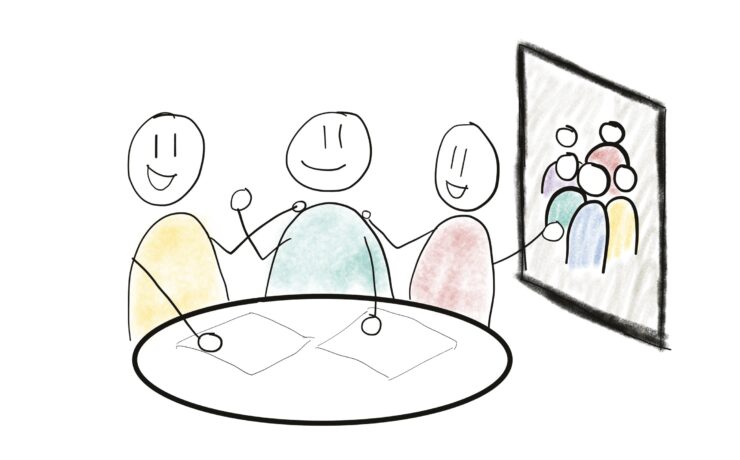Preparing students for a diverse society

Within a law programme it is decided that it is important for students to learn how to clearly communicate and make law and legal educational accessible to the wider public. The programme focuses on using clear language within legal reasoning and discourages students from relying on legal jargon.
As mentioned earlier, another purpose of education is the transmission of knowledge, behaviors, and dispositions required to function as a member of society Biesta, G. (2009). Good education in an age of measurement: On the need to reconnect with the question of purpose in education. Educational Assessment, Evaluation and Accountability (formerly: Journal of Personnel Evaluation in Education), 21, 33-46. . In an increasingly multicultural and diversified society, this means being capable of communicating and relating to individuals with diverse backgrounds in a professional and personal setting.
This can be achieved through acquiring the attitudes, knowledge, understanding and skills (…) to understand and respect people who are perceived to have different backgrounds. Being able to communicate appropriately and effectively and form positive and constructive relationships with such people (p.16 Barret et al.).
Tools
Reflect on extent to which course prepares students for diverse society
The following reflective questions may challenge what kind of learning objectives your course has and how these may or may not be contributing to aim to prepare students for a diverse society:
- To what extent does the course prepare the student to contribute in a diverse society?
- To what extent does the course raise awareness about the value of developing the attitudes, skills and knowledge to interact in a diverse society?
- To what extent does the course prepare the student to reflect on and criticize the dominant perspective as compared to the non-dominant perspective in their research or work field?
- To what extent does the course prepare the students to understand, respect and interact with people who are not part of the dominant group based on their gender, cultural affiliations, ethnicities, age, religious backgrounds, disabilities, SES or other?
- To what extent does the course prepare the students to be critical of themselves and the world?
Examples of learning objectives that prepare students for a diverse society
Learning objectives that align with the development of knowledge, behaviors, and dispositions needed to interact in a diverse society may take different forms depending on the discipline. Some examples of such learning objectives:
- Awareness, understanding, and skills necessary to work (collaborate, communicate) in a diverse, multilingual world;
- Students are able to reflect on their own frame of reference, and demonstrate awareness of their own perspective being not necessarily a universal perspective;
- Explain cultural/national differences and interpret the contexts that shape them and give meaning to them;
- Ability to reflect critically on the collaboration within the project;
- Students develop competences in intercultural interacting and reflecting on intercultural interaction;
- Students are able to integrate and combine different perspectives when analyzing problems or cases;
- Students can demonstrate combining different perspectives to formulate creative solutions, both individually and in a group setting.
